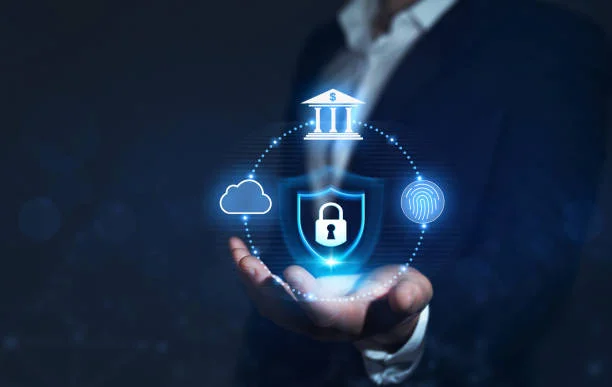Fraud is an ever-growing threat to businesses, regardless of size.
A compromised business bank account can lead to financial loss, data breaches, and reputational damage.
Cybercriminals constantly seek ways to access accounts through phishing, hacking, and other scams.
The good news is that by implementing a few straightforward security measures, as given below, you can protect your finances and sensitive business information from these threats.
Use Strong Passwords and Multi-Factor Authentication
A weak password is like an open door for hackers. Protect your account with these best practices:
- Create a long password with a mix of letters, numbers, and symbols.
- Avoid using common words, birthdates, or easily guessed information.
- Enable multi-factor authentication (MFA) for an extra layer of security. This means even if someone gets your password, they still need to pass through a second verification to access your account.
Monitor Your Account Regularly
Set aside time to check your business bank account transactions daily. This helps you:
- Spot unauthorized transactions early and report them to your bank promptly.
- Catch errors or unexpected business banking fees before they add up.
- Stay aware of any suspicious activity that may indicate fraud.
- Educate employees to recognize and act against phishing, social engineering tactics, and other fraudulent schemes.
Be Cautious with Emails and Phone Calls
Phishing scams trick business owners into giving away sensitive information. Here’s how to stay safe:
- Never click on links or download attachments from unexpected emails.
- Verify the sender before responding to messages requesting account details.
- If a caller claims to be from your bank, hang up and call the official number instead of providing information over the phone.
Cybercriminals often create fake websites that look like real banking sites. Always type the bank’s web address manually instead of clicking on links from emails.
Restrict Account Access and Set Permissions
If multiple employees can access your business checking account, limit their permissions based on their roles. Consider these steps:
- Assign different access levels (e.g., view-only, transaction approval).
- Require dual approval for large payments.
- Regularly review and update who has account access.
Don’t stop here—take a look at what else we’ve got for you!
Secure Your Devices and Network
Hackers can access your business bank account through unsecured devices and networks. Protect your business with these precautions:
- Keep all software, including operating systems and antivirus programs, updated.
- Use a virtual private network (VPN) when accessing your bank account from public Wi-Fi.
- Restrict access to financial data on shared computers or mobile devices.
Be Careful with Wire Transfers and Payments
Wire transfers are a common target for fraudsters. Reduce your risk by:
- Verifying payment requests, especially those that ask for urgent action.
- Confirming account details over the phone before sending large payments.
- Using secure methods when you wire transfer money online.
Choose a Bank with Strong Security Features
When selecting a financial institution, look for:
- Fraud protection services and account monitoring.
- Secure digital banking options, such as encrypted mobile apps.
- Advanced authentication measures for online transactions.
Some banks also offer business savings accounts with added security features, helping businesses store extra funds in a safer, less accessible account.
Open a Separate Account for Payroll and Expenses
Having separate accounts for payroll, daily transactions, and savings adds an extra layer of security. If you open a bank account specifically for payroll or emergency funds, it:
- Reduces the risk of losing all funds if one account is compromised.
- Makes it easier to track different types of transactions.
- Helps avoid unexpected business banking fees from overdrafts or exceeding limits.
Wrapping Up
Protecting your business bank account from fraud isn’t complicated, but it does require regular attention.
Stay alert, use secure banking features, and take proactive steps to guard your money.
Take advantage of your bank’s security features to protect your assets.
Want more insights like this? Head over to 2A Magazine and start exploring.







